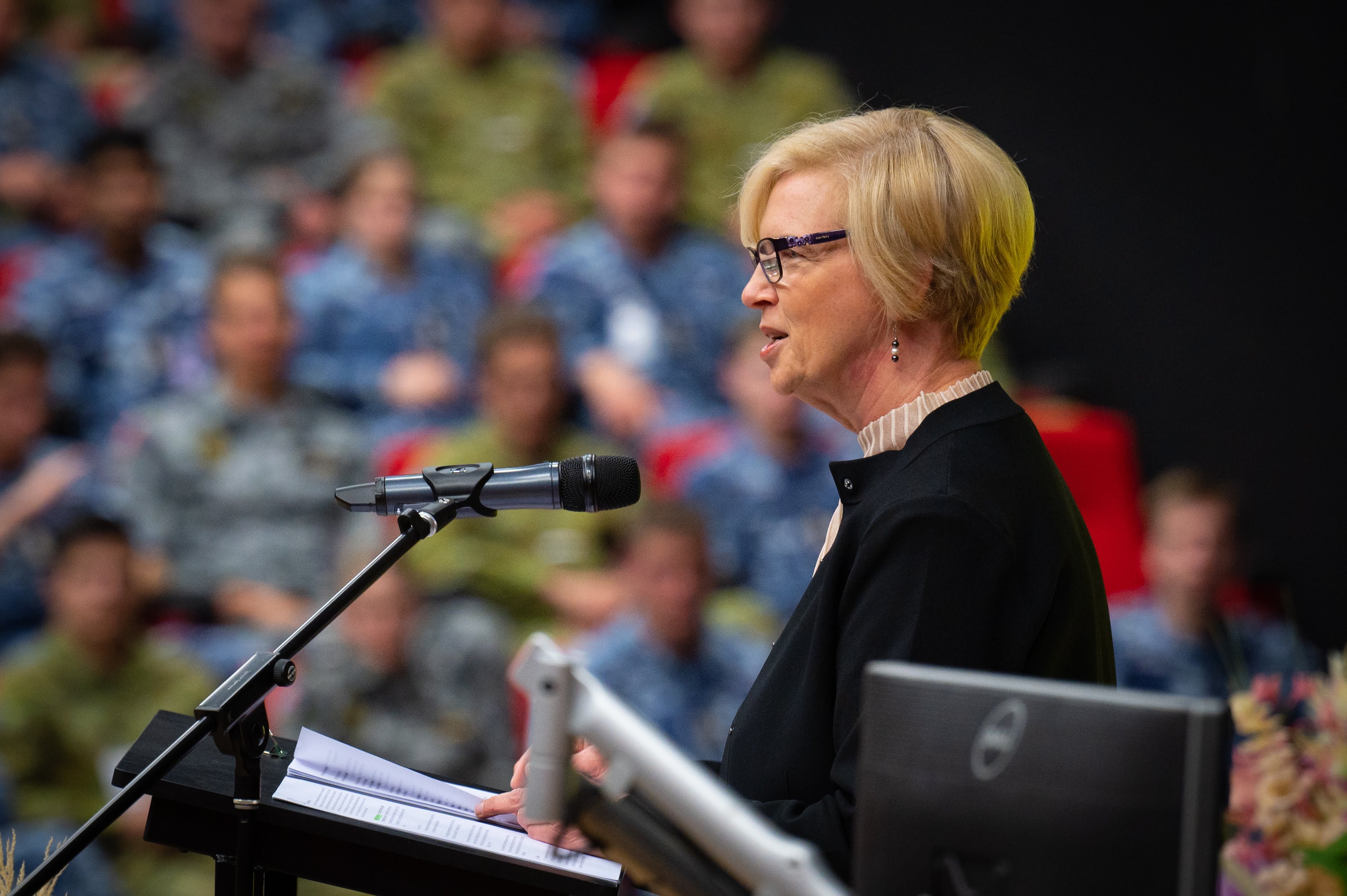UNSW Canberra commemorates the 75th anniversary of Australian peacekeeping missions
On the 75th anniversary of Australians serving in peacekeeping missions, UNSW Canberra hosted the University Lecture, delivered by international consultant, author and speaker Jennifer Wittwer CSM.
